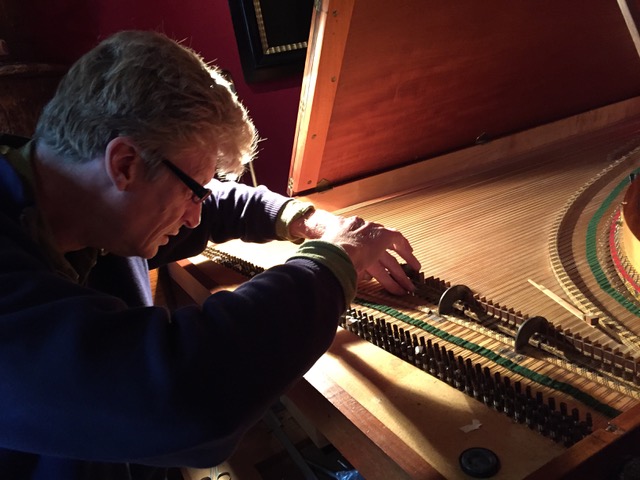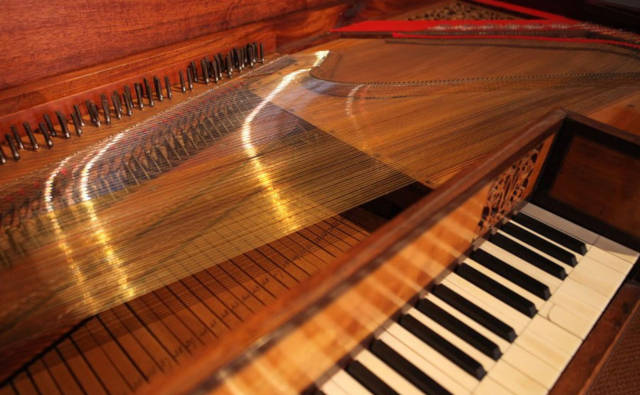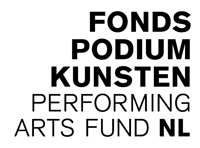

Keeping the past playable: the mechanics of historic semi-mobile keyboard instruments || November 2020
The mechanics of semi-mobile early keyboard instruments, such as fortepianos, square pianos, clavichords, reed organs, player pianos, harpsichords, spinets, house organs and glasschords, are intricate. Technicians, who have mastered the complex workings of the mechanics and who understand the functionality of creating the sound so loved by musicians of historically informed practice, are indispensable for keeping these instruments playable. The research, historically correct restoration, regular revision and tuning, as well the building of exact copies, are crucial for the preservation of the living heritage of music. As important as the professional education of musical performers for these instruments, is that the skills and handicraft experience of the specialised technician in charge of restoring and keeping the instrument in a playable state, are preserved and passed on to future generations.
We are happy to announce that this years Symposium will be in collaboration with the European Early Music Network REMA for the REMA Summit 20-22 November 2020 at the Bozart in Brussels.
Our aim is to develop a European statement to support the need to keep our living heritage of technical craftmanship concerning semimobile 18th and 19th Centuries keyboard instruments preserved and alive.
Members of the panel will be Mr. Helmut Balk (Greifenberger Institut für Musikinstrumentenkunde), Mr. Paul McNulty (Paul McNulty Fortepianos) and Mr Alain Roudier (Pianoforte Ad Libitum, Centre International du Pianoforte).
Program for 21st November 2020:
– 11h00 – 11h30: live online panel debate on the theme, moderated by our museum
– 11h30 – 12h00: four online workshops, each with one of the panellists or the moderator
– 12h00 – 12h30: live online panel on the results and developing into a concluding statement
Click here to see the event in our Festival Calendar
How to get involved
Follow this link to view our Symposium!







